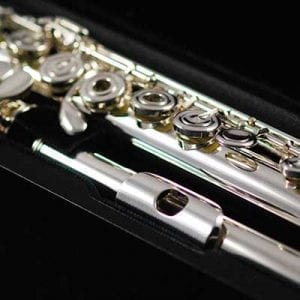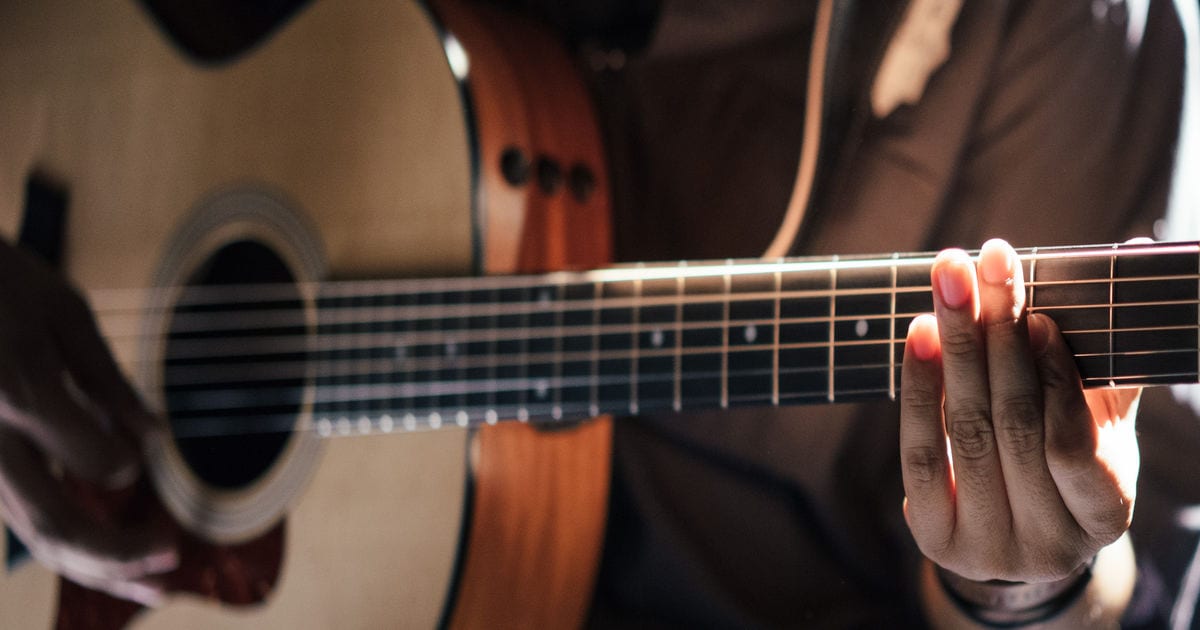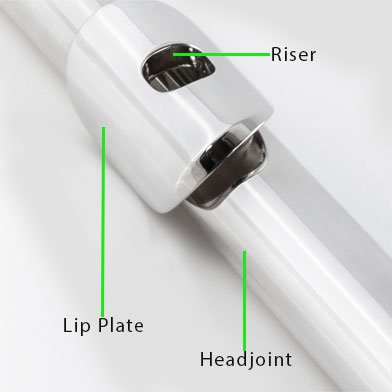Why a flute is so expensive is a question asked all the time. There are of course many reasons why a flute carries an expensive price tag.
To answer the question, we need to look from the most inexpensive and work up, what exactly are you getting for your money as the price tag increase.
What you get sub £200
Starting at the bottom end of the scale, the sub £200 is easy to cover off. Anything below this price and you are not really getting a flute fit for purpose. Poor materials and poor construction methods will undoubtably put anyone off playing, leading to the false impression that they simply can’t play the flute!
What you get between £200 and £500
The next bracket up you are paying for a flute that is silver plated, using better materials and the overall construction is not bad.
Flutes at this price will be coming from a good factory (mainly China) that has years of experience and who have invested in tooling capable of manufacturing a flute worth having.
When you are at the top end of this price bracket with something like the Jupiter JFL700 then you are buying from a trusted brand, and a flute that will take you to grade 4 maybe even grade 5.
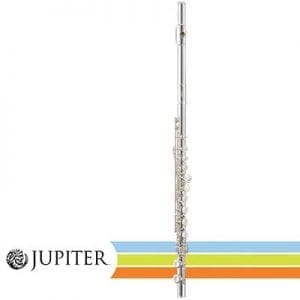
What you are getting between £500 & £1000
Once you go over the £500 bracket you are looking at flutes from companies with some serious pedigree and manufactures that own their own factory in a lot of cases. The build quality is very good, and the materials used are high quality.
At the bottom end of this price bracket a flute should take a player to at least grade 5, the Yamaha YFL212 is one of the most popular flutes on the market.
At this point you are at the top end of the student flutes, before you step into the intermediate world.
When you edge towards the £1000 mark, you will be buying flutes with solid silver head joints and pointed key work.
Solid silver head joints improve the tone of the flute, even if you have no experience you would easily hear the difference. They are much more responsive and can be much more powerful. This is essential when progressing beyond grade 5.
Pointed key work is simply a key with the arm extending to the centre of the key which makes a significant difference when the key is pressed and how well it makes an airtight seal. Simply; you get a better, stronger sound from the flute.
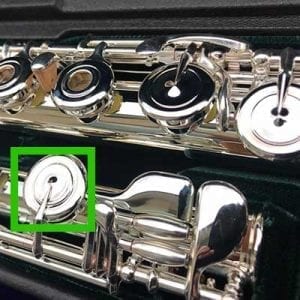
What you get for £1000 to £2000
When you step over the £1000 mark you open into a whole new selection of brands available to you. Azumi, Pearl, Miyazawa to name a few.
Higher levels of manufacturing, build quality, and difference in design can make a huge difference to the player and it comes much more down to personal preference.
You will often have the choice of a ‘b’ foot joint, simply giving you an extra note.
The Azumi AZ3 offers a solid silver tube, this acts in the same way that a solid head improves the sound, responsiveness and tonal qualities.
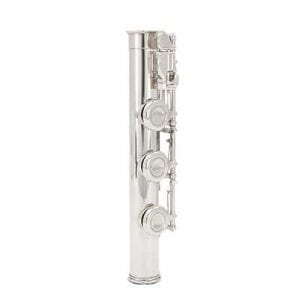
The £2000 mark and above
Once you reach this area, the choice of flute will be very personal to the player and the style of playing. You can easily extend up to the £10,000 price bracket!
Solid silver head joints, lip plate, and tube make an enormous difference to how the flute responds and sounds.
Soldered tone holes, instead of drawn make a huge difference too, and at this level there is a lot more human involvement in the manufacturing. Some flutes can be entirely handmade, which is quite something!
In general, higher grade silver and materials used, including straubinger pads make a real difference to the overall performance.
